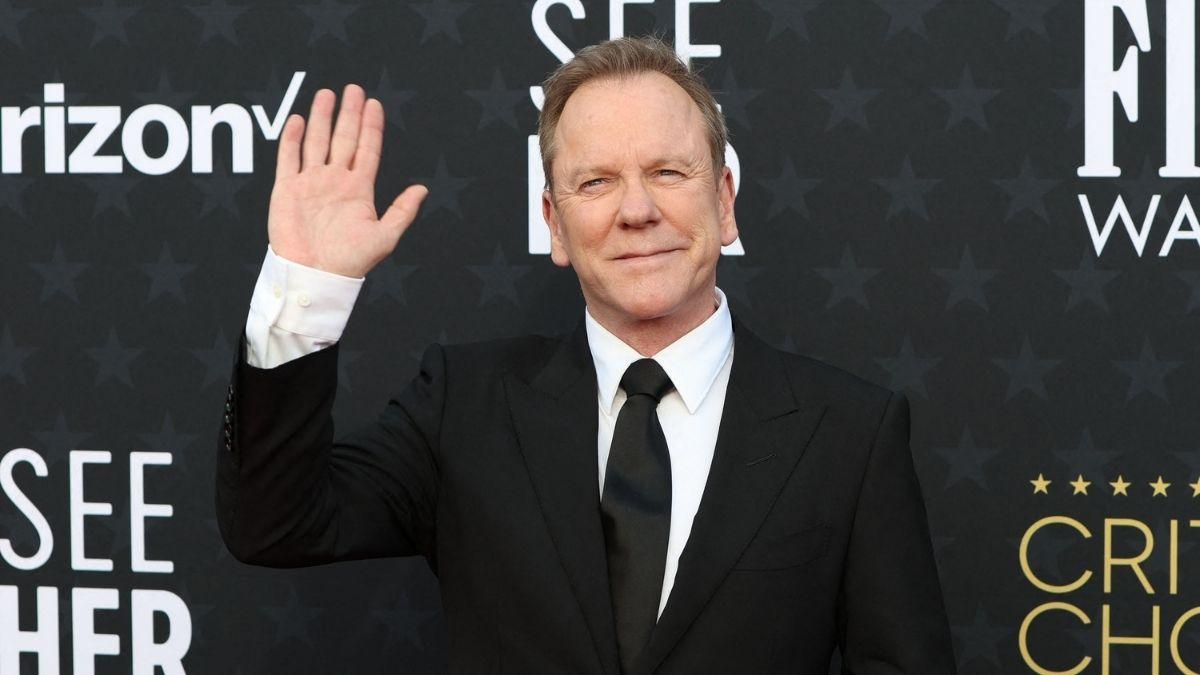Movie Review: Shutter Island
Feb. 19 2010, Published 10:11 a.m. ET
Taut, visually compelling and set to an imaginative set of aural cues and musical nuances, Shutter Island attempts to question the very grounding of the mind and human perception.
Clocking in at 138 minutes, however, it also questions the grounding of audience attention span, as it weaves in and out of the subconscious, fear, dreams and reality, and sometimes loses its grip. Martin Scorsese fulfills the film’s promise, creating an entertaining thriller filled with high-caliber performances and constructed with exceptional cinematography. Based on the eponymous novel by Dennis Lehane, Shutter Island unfolds in 1954, as U.S. Marshal Teddy Daniels (Leonardo DiCaprio) is investigating the disappearance of a woman from a hospital for the criminally insane. Set on a remote Massachusetts island, it’s assumed that the woman -- who purportedly drowned her children -- is hiding somewhere in the wild outside, as a storm rips through and everyone else is marooned.
Daniels and his partner Chuck Aule (Mark Ruffalo) begin to search for clues, but they’re quickly rebuffed by the creepy, bald director of the hospital, Dr. Cawley (Ben Kingsley), and his equally evil-looking compadre, Dr. Naehring (Max von Sydow). Records are off-limits and certain topics are hush-hush. As he digs deeper into the case, Daniels begins to question if people are who they seem, and just what motives may be behind Dr. C’s close-lipped stance. Everything about the hospital would suggest nefarious activities: from the occasional yelping, writhing patient to the drips falling from dark ceilings -- not to mention run-ins with patients who are good at things like strangulation in the nude and sudden outbursts.
Movie Review: From Paris With Love
The lines between truth and secrets get blurrier by the scene, and Shutter Island becomes a journey into the mind of a man with psychological troubles of his own. Through elaborate, abstract dream sequences and haunting memories, we get glimpses of the horrors that Daniels saw while fighting in World War II and the deep sense of loss he carries from the death of wife (Michelle Williams), who died in an apartment fire. His experiences have him in an emotional vice that grows tighter as he becomes more entangled with the mystery surrounding the hospital, and lead him down a perilous path, like a rock cliff, a rat-infested cave and a lighthouse of death where patients are supposedly taken for scientific experiments.
As the island’s perceived danger grows bigger, so does the stretch the audience must make to continue caring if anyone gets off the island. DiCaprio effectively inhabits a man in pain while his co-stars are equally impressive in their abilities to walk the line between good guy and bad, manipulative and misunderstood. Yet, as the minutes tick by, the suspense slowly goes slack, as even the exceptional cast can’t make up for the over-dramatic conclusion.

Shutter Island inherently asks some valid questions. But for a film that deals with the mind, it could -- particularly in later scenes -- have taken itself slightly less seriously, and given the audience a little more credit.


